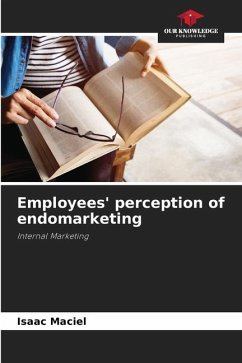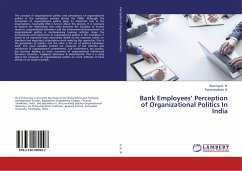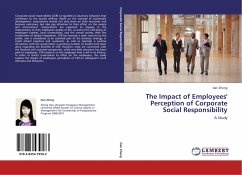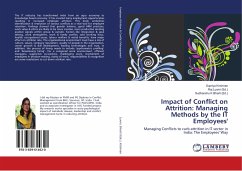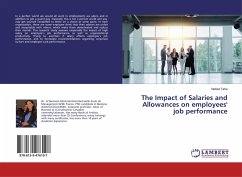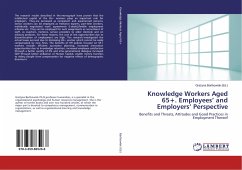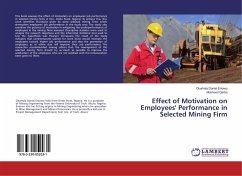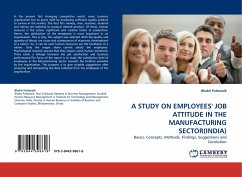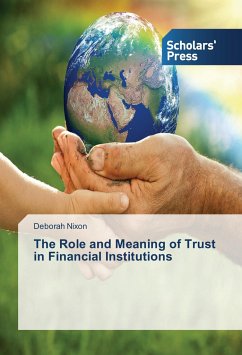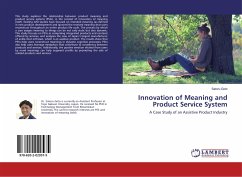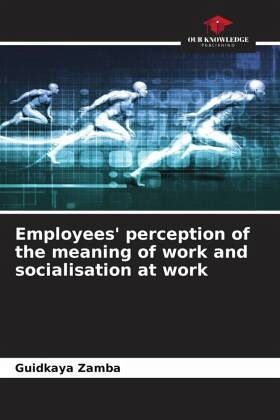
Employees' perception of the meaning of work and socialisation at work
Versandkostenfrei!
Versandfertig in 6-10 Tagen
27,99 €
inkl. MwSt.

PAYBACK Punkte
14 °P sammeln!
The study of socialisation at work in the informal sector is a key issue for the implementation of strategies favourable to the development of this sector, which is so marginalised in Cameroon. The aim of this research is to determine the factors related to the meaning of work that have an impact on the socialisation of informal sector workers. An investigation of 715 actors in this sector leads to the conclusion that taking into account factors related to the meaning of work such as the perceived usefulness of work, the perceived moral rectitude of work, the perceived autonomy of work, and th...
The study of socialisation at work in the informal sector is a key issue for the implementation of strategies favourable to the development of this sector, which is so marginalised in Cameroon. The aim of this research is to determine the factors related to the meaning of work that have an impact on the socialisation of informal sector workers. An investigation of 715 actors in this sector leads to the conclusion that taking into account factors related to the meaning of work such as the perceived usefulness of work, the perceived moral rectitude of work, the perceived autonomy of work, and the importance of relationships generated by work, has a significant impact on their socialisation at work and helps to understand the willingness of these actors to work in a sector that provides no guarantees in terms of social protection for workers in Cameroon, but that this influence is much more pronounced for acceptance of work than for learning about work. These results are discussed and the theoretical and practical implications of the research are set out.



